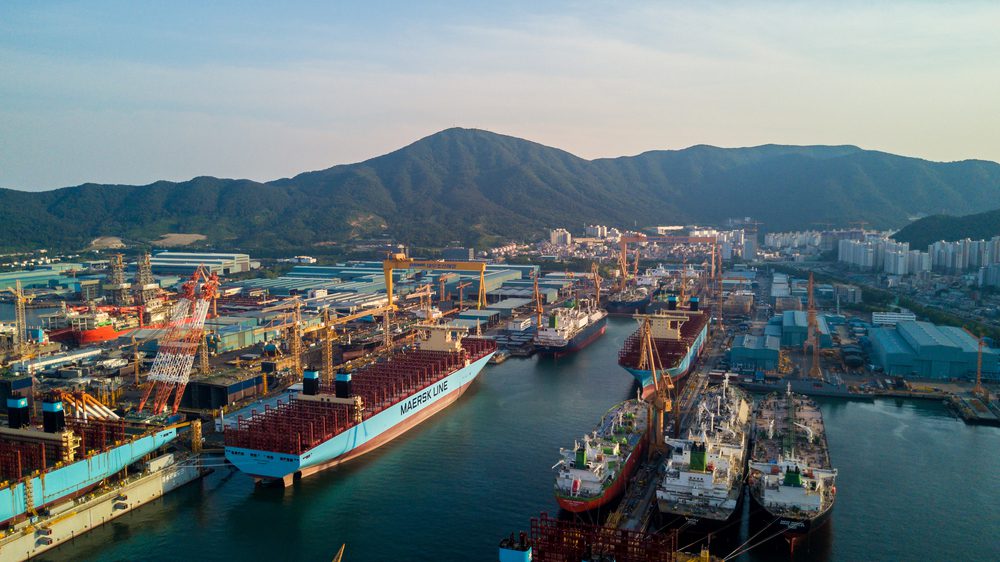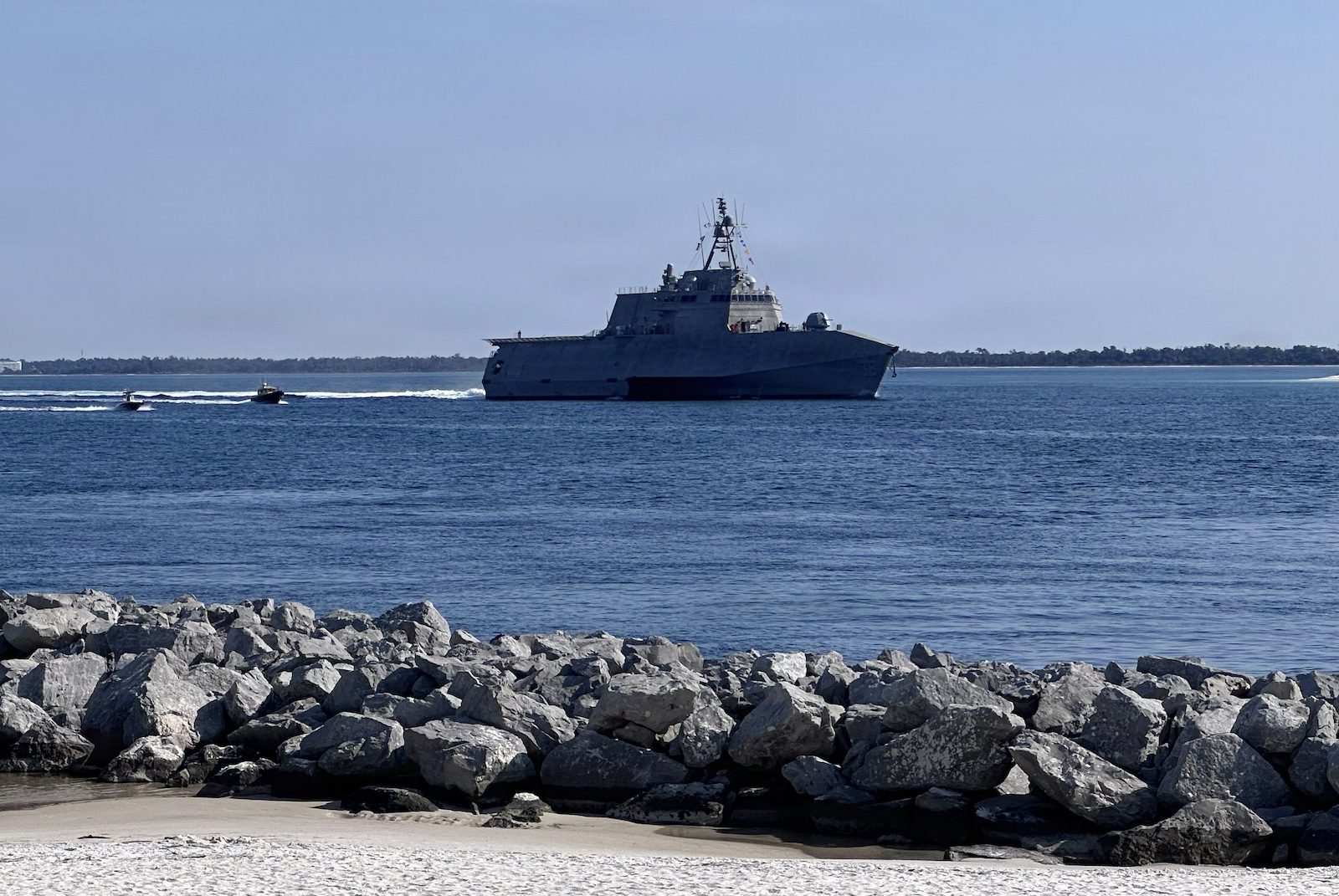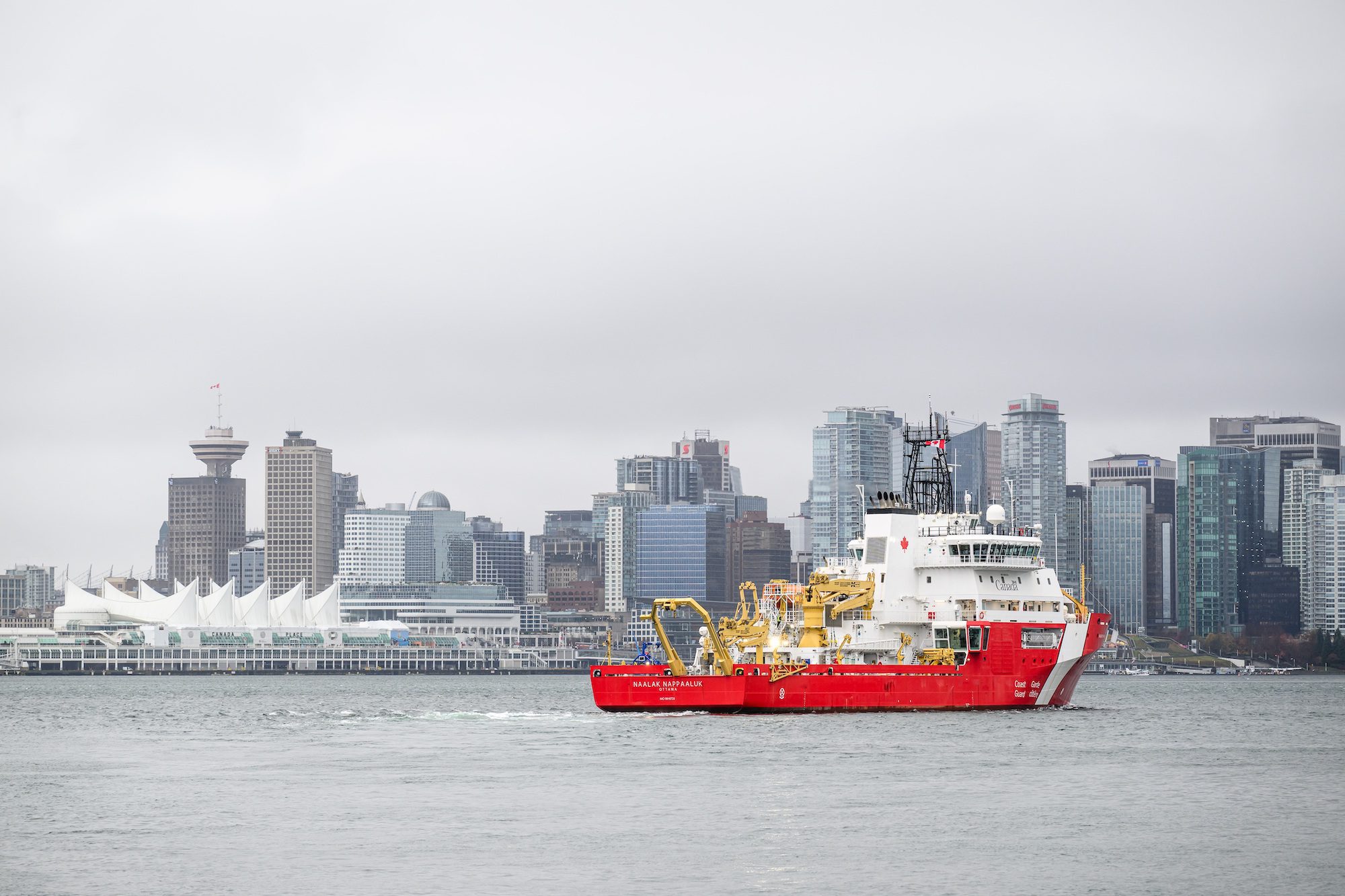Daewoo Shipbuilding & Marine Engineering shipyard. File Photo: Panwasin seemala / Shutterstock.com
 By Foo Yun Chee BRUSSELS, Dec 17 (Reuters) – World No. 1 shipbuilding group Hyundai Heavy Industries Holdings Co Ltd’s $1.8 billion merger with rival Daewoo could inflate prices, EU antitrust regulators warned on Tuesday as they opened a full-scale investigation.
By Foo Yun Chee BRUSSELS, Dec 17 (Reuters) – World No. 1 shipbuilding group Hyundai Heavy Industries Holdings Co Ltd’s $1.8 billion merger with rival Daewoo could inflate prices, EU antitrust regulators warned on Tuesday as they opened a full-scale investigation.
Hyundai is seeking to reinforce its position as the world’s biggest shipbuilder partly in response to overcapacity in the industry. The merged company would have a 21% market share,
The European Commission said it had serious concerns about the deal, confirming a Reuters story on Dec. 9.
“Cargo shipbuilding is an important industry for the European Union,” Margrethe Vestager, vice president of the European Commission, said in a statement.
Much of the EU’s internal and extend freight trade went by sea and European shipping companies regularly purchased vessels from Hyundai and Daewoo.
“This is why we will carefully assess whether the proposed transaction would negatively affect competition in the construction of cargo ships, to the detriment of European consumers,” Vestager said.
The Commission will decide by May 7 whether to clear or block the deal. The shipbuilders will likely have to offer concessions to address the concerns.
It said its concerns centred on the markets for large container ships and carriers of oil, liquefied natural gas and liquefied petroleum gas, markets with high barriers to entry where competition could be reduced.
However, to forestall regulatory worries, the shipyards have already said they will compete independently after merging, with each company able to negotiate their own contracts with customers and suppliers.
They also want the EU to take into account the competitive threat from the merged China Shipbuilding Industry Corp (CSIC) and China State Shipbuilding Corp Ltd, other sources said previously, an entity with sales more than three times its own.
Competition regulators in South Korea, Singapore, China and Japan are also reviewing the deal, which has been approved in Kazakhstan. Singapore earlier this month voiced its concerns.
State-funded Korea Development Bank (KDB) owns 55.7 percent of Daewoo. (Reporting by Foo Yun Chee; editing by Philip Blenkinsop)
(c) Copyright Thomson Reuters 2019.

 Join The Club
Join The Club











